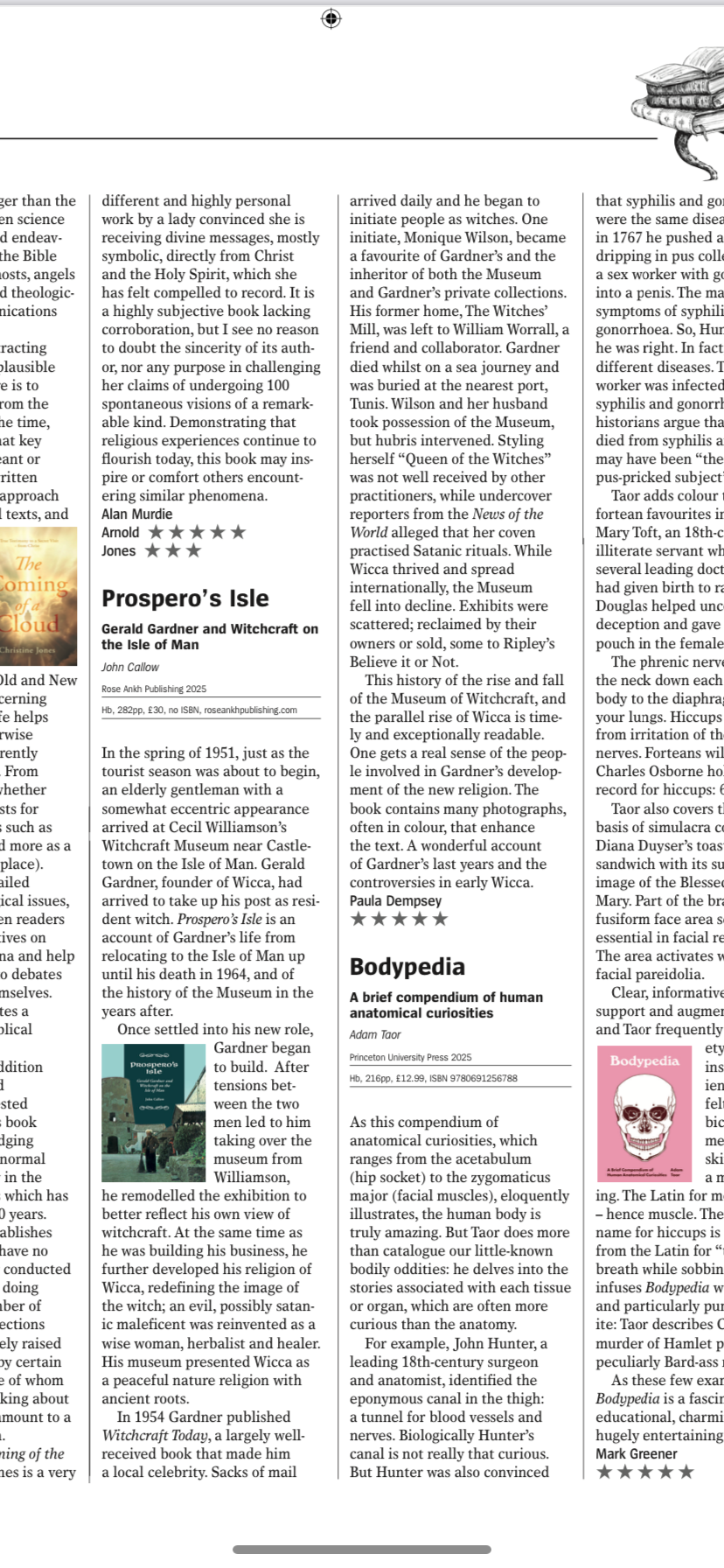'Our Mary': My Biography of Mary Turner.
- Jun 2, 2019
- 3 min read

Some books are different. They have an immediacy and a life about them that is the product of the collective, rather than individual inspiration. This is certainly true of ‘Our Mary’. It was Harriet Harman MP who first suggested the project, against the backdrop of Mary Turner’s funeral. It was a raw time. Mary’s close and loving family had lost the light from their lives, while the GMB union, to which she had devoted herself for more than four decades, had lost one of the main sources of its pride and vision. Yet Harriet instinctively understood the need to tell the story of the leading woman trade unionist of her generation, and to celebrate her achievements in a way that would speak directly to the predominantly working-class, activist base that she had served and held dear.
Mary – though fiercely proud of her Irish heritage – was a Londoner through and through. Her career was rooted in the union’s London Region, through her strong bonds of friendship and comradeship with John Cope and Paul Kenny, as successive regional secretaries. As a result, it was only natural that London Region GMB should take the lead in commissioning and financing her biography; raising funds through branch collections and appeals to rank-and-file union members for whom Mary Turner – union president, chair of the Labour Party and MBE – would always be simply ‘our’ Mary. She was the stuff of legend, of a thousand stories – some tough to hear, some sorrowful, some triumphant, some downright comical – but all informed by Mary’s principled fight against injustice and for the rights of working people.
Her career transcended the cliches of political biography. There were no sell-outs; no sense of the destructive allure of personal power; and if there were sacrifices to be made – not least in terms of her own health – no one could say that Mary’s family life had come off second best, or that she ever lacked the support of her devoted husband, Denny, her children and grandchildren. She loved and was loved, in turn, not just by those closest to her, but by the members of her union and people right across the labour movement. This was because she understood that politics was far more than a squalid squabble for personal advancement, a fight for the right to perch, however briefly, upon the ‘Iron Throne’. It was about making life better for everybody. This understanding motivated Mary – the activists’ activist – to consistently champion those thrown back upon the margins: dinner ladies in Brent, new immigrants waging rent strikes, the young jobs marchers of the 1980s, the health and council workers fighting cuts in vital services, and the schoolchildren who were going hungry or undernourished in one of the richest countries in the world.
This is why Mary’s was such a rich and fulfilling story to write. No one had a quicker wit or a surer strategic eye. It was a privilege to know her and an honour to be trusted by her family and friends to write her biography. I miss her terribly. Yet, as the ancient Greeks knew, a person only truly dies when the memories of their achievements, loves and losses are forgotten. This book is one way in which Mary can remain with us – as an evergreen memory of success against the odds, of a simple, undeclarative heroism, of hopes for better days that lie ahead for all progressively minded people, and as a beacon that lights the way for the labour movement.
Our Mary: The Life of Mary Turner: 1938-2017 will be published in June 2019. Pre-order your copy here.





Comments